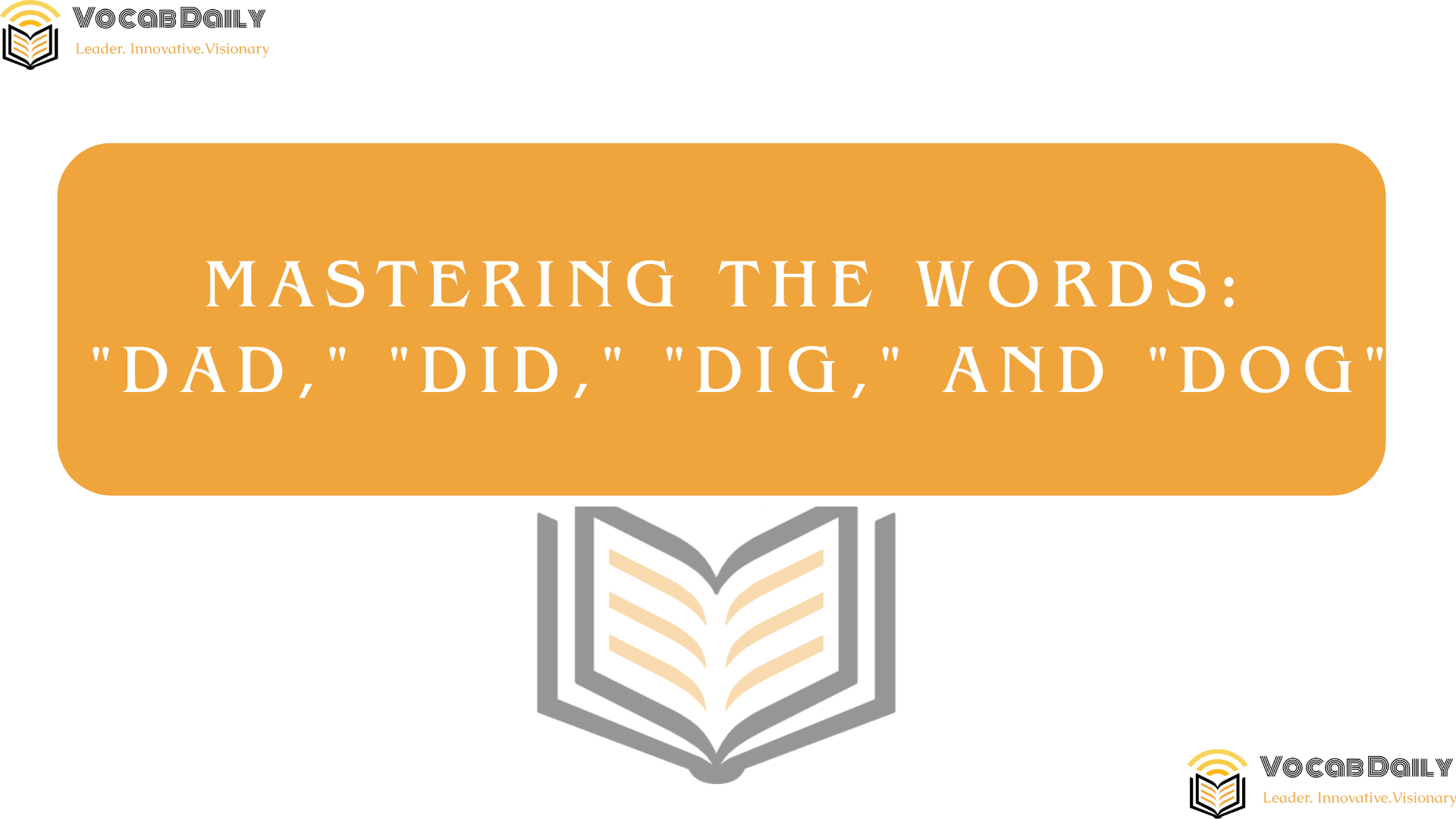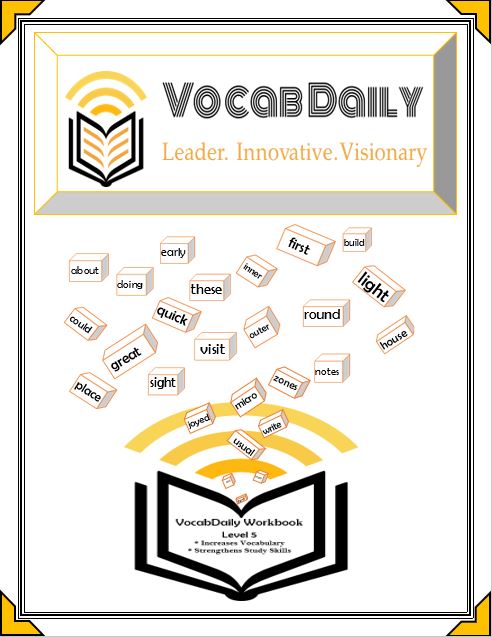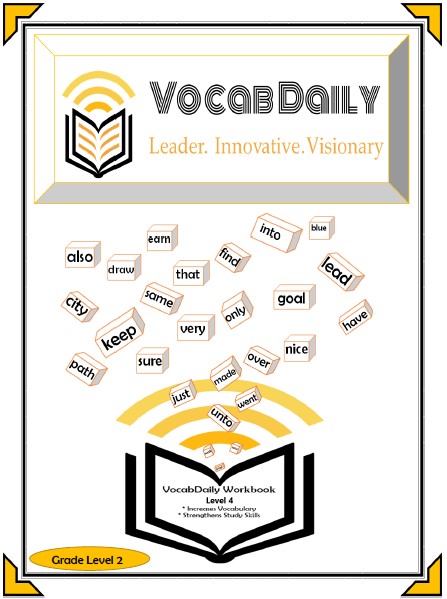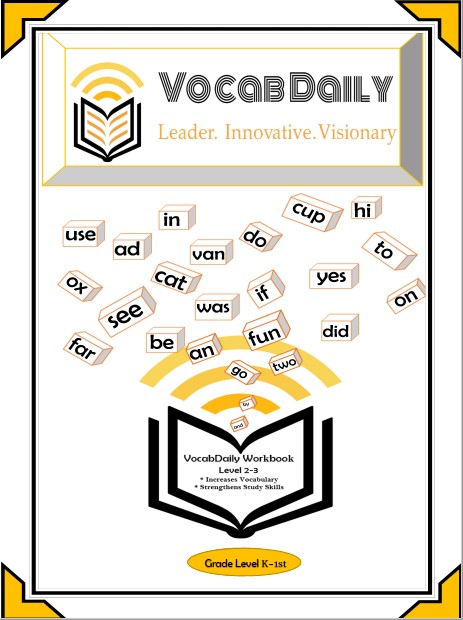Words like dad, did, dig, and dog are not only fundamental parts of everyday communication but also form the foundation of how we structure sentences. Whether you’re expressing action, asking a question, or describing a person, these words are key in both casual conversations and more complex sentences. Each of these words has multiple uses that span different contexts, from familial terms to verbs and nouns. In this article, we will explore the various meanings and usages of these words, providing practical examples and expert insights to help you use them more effectively in your own speech and writing.
Understanding the Word “Dad”
“Dad” is a simple and essential word that refers to a father or a male parent. It is an informal term commonly used in families, especially when addressing or talking about one’s father. Dad is an affectionate and familiar term, often used in casual conversations to refer to the male figure in a family who provides care, love, and guidance.
Examples:
- “My dad loves playing soccer on weekends.”
- “I asked my dad to help me with my homework.”
In addition to its literal meaning, dad can also appear in idiomatic expressions or more figurative uses. For instance, “dad joke” refers to a type of corny or cheesy humor often associated with fathers.
Dad is not just a noun; it is also a concept that represents care, responsibility, and authority within a family unit. This makes it an important word when describing relationships and roles in both personal and cultural contexts.
Exploring the Word “Did”
“Did” is the past tense form of the verb do, which is one of the most commonly used verbs in the English language. Did is essential for forming questions, negative statements, and expressing actions completed in the past. Understanding did and its usage is crucial for speaking and writing in the past tense.
Examples:
- “He did his homework yesterday.”
- “I did not see her at the party.”
In addition to its basic usage in the past tense, did is often used for emphasis, such you might say:
- “I did finish the project!” (emphasizing completion)
In questions, did is used to form past tense inquiries:
- “What did you eat for lunch?”
- “Where did you go after work?”
Understanding how to properly use did is important for narrating past actions and events, as well as structuring negative sentences and questions in the past tense.
The Versatility of the Word “Dig”
The word dig is a verb that means to break up or move earth or soil, usually with a tool like a shovel. Dig is commonly used when referring to physical actions, such as digging in the garden or digging a hole for planting. However, dig also has metaphorical meanings, which adds flexibility to its usage.
Examples:
- “He had to dig a hole to plant the tree.”
- “The dog loves to dig in the yard.”
Metaphorically, dig is often used to describe looking deeper into something or investigating it further. For example:
- “Let’s dig into the details of this report.”
- “She decided to dig deeper into the mystery.”
Dig also appears in some common expressions and idioms, such as “dig your own grave” (which means to cause your own problems) and “dig in your heels” (which means to stubbornly resist).
Understanding the Word “Dog”
“Dog” is another common and significant noun, referring to a domesticated animal often kept as a pet. The word dog is used universally to describe this loyal, four-legged creature. However, dog is not only used to refer to animals but also appears in many idiomatic expressions.
Examples:
- “My dog loves to play fetch in the park.”
- “She adopted a stray dog from the shelter.”
Dog is also used metaphorically or in slang. For example, calling someone a “dog” can be an insult, but it can also be a term of endearment in some contexts (such as “You’re my dog” meaning you’re my close friend). Another common idiomatic expression is “dog-eat-dog world,” meaning a competitive and ruthless environment.
Dog also appears in phrases such as “let sleeping dogs lie” (meaning to avoid stirring up trouble) and “dogged determination” (meaning persistence).
Real-Life Scenarios: How “Dad,” “Did,” “Dig,” and “Dog” Are Used
1. Using “Dad” in Conversations
Dad is often used in familial contexts, whether you’re talking to your own father or about someone else’s father.
Example 1:
- “My dad is great at fixing things around the house.”
Example 2: - “He did all the cooking for us, just like a great dad should.”
2. Using “Did” in Questions and Statements
Did plays a key role in forming past-tense questions and negative statements.
Example 1:
- “What did you do on your vacation?”
Example 2: - “He did not complete the assignment on time.”
3. Using “Dig” in Practical Situations
Dig is used both literally and metaphorically in many everyday situations.
Example 1 (literal):
- “The dog loves to dig in the yard.”
Example 2 (figurative): - “We need to dig deeper into this issue to find the solution.”
4. Using “Dog” in Contexts
The word dog appears frequently when talking about pets or using figurative expressions.
Example 1 (literal):
- “She walks her dog every morning.”
Example 2 (idiomatic): - “It’s a dog-eat-dog world out there in the business world.”
Advanced Tips: Mastering “Dad,” “Did,” “Dig,” and “Dog”
1. Using “Dad” in Complex Sentences
The word dad can also be used in more complex or formal contexts. For instance, you might refer to your dad in a historical or cultural discussion:
- “My dad was born in the 1950s, during a time of significant social change.”
2. “Did” in Emphasis and Conditional Statements
The word did can be used for emphasis, particularly in affirmative statements. It is also critical in conditional structures.
- “I did finish the task, even though it was difficult.”
3. “Dig” in Informal and Technical Contexts
Dig can refer to both physical actions (as in gardening or construction) and investigative actions (such as researching or analyzing a topic).
- “Let’s dig into this problem together.”
4. “Dog” in Slang and Idiomatic Expressions
The word dog is used not only to describe an animal but also in slang and idiomatic expressions. Understanding the nuances of these expressions will help you navigate casual conversations and more figurative language.
- “He’s a true dog when it comes to loyalty.”
Understanding and mastering the words dad, did, dig, and dog will allow you to communicate more effectively in English. These words are foundational for daily conversations, helping you to describe actions, express family relationships, and convey meaning in a variety of situations. Whether you are discussing the past, talking about family members, or describing common animals and actions, these words are essential to your vocabulary. Continue to explore these words in different contexts, and you’ll improve your fluency and confidence in English.
Visit VocabDaily and Explore workbooks here to continue enhancing your vocabulary!




Leave a Reply